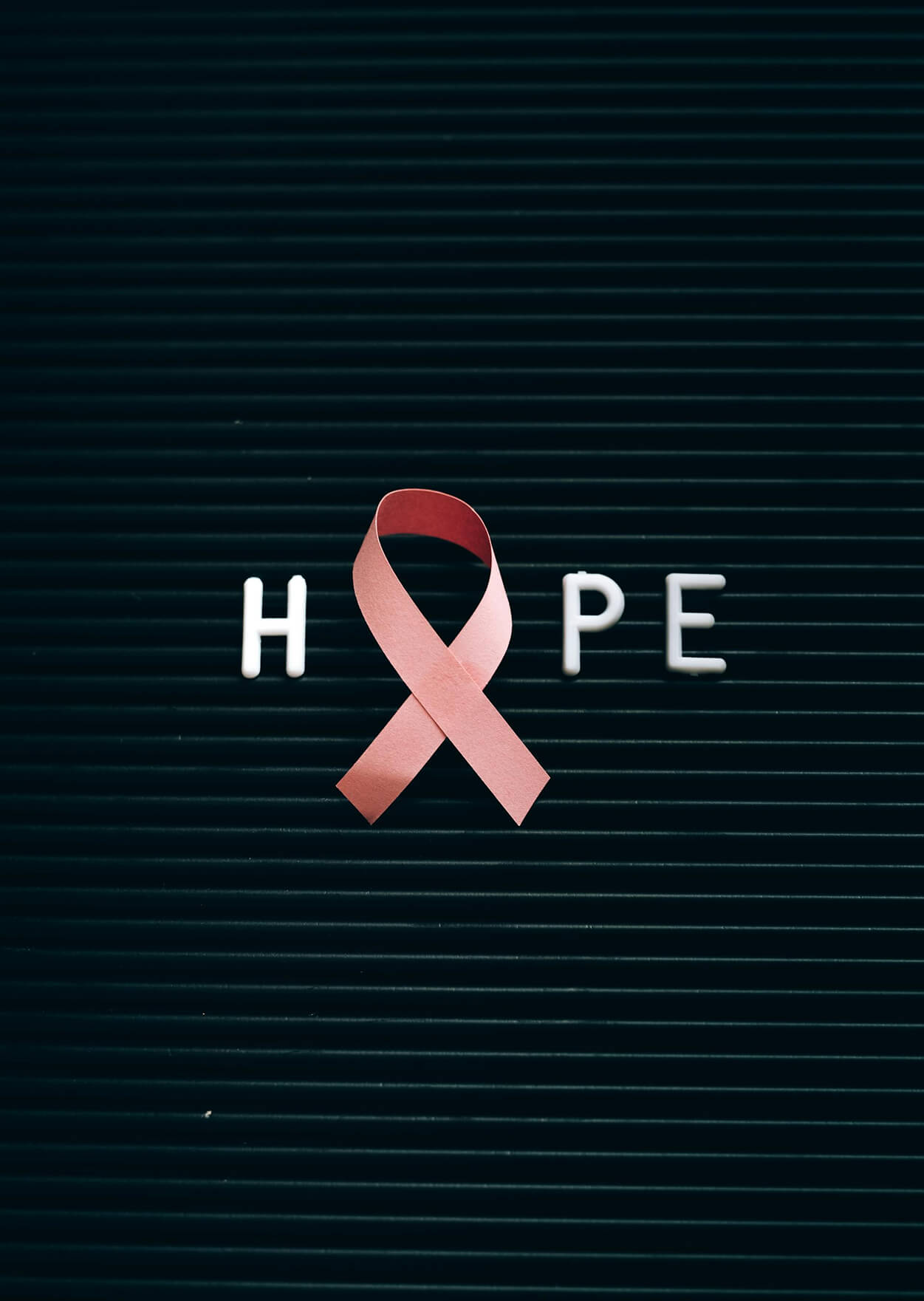Precision Medicine: targeted solutions for smarter cancer care

Bringing science closer to patients in Ukraine
In Ukraine today, over a million people are living with cancer, and it remains one of the leading causes of death. Amid war, mass displacement, and weakened health infrastructure, access to accurate diagnostics and personalized treatment has become even more difficult – especially for those at risk of hereditary cancer.
At Mission Kharkiv, we believe that healthcare should not be generic – it should be precise, timely, and equitable. That’s why we are launching a new initiative under our Precision Medicine program, dedicated to closing the gap between innovation and real patient care.
Breast cancer is the most common cancer among women in Ukraine, accounting for nearly 17% of all new cases. While most cases are sporadic, 5–10% are hereditary, primarily caused by mutations in the BRCA1 and BRCA2 genes. Identifying these mutations is crucial – not only for personalizing treatment, but also for preventing cancer in family members.
Globally, such testing is already part of standard oncological care. In Ukraine, however, NGS BRCA1/2 testing remains largely inaccessible. It is not covered by the national healthcare system, and the cost – approximately €270–280 per test – is unaffordable for most patients, especially amid economic hardship and war.
As a result:
- Patients miss out on life-saving targeted therapies
- Families miss critical opportunities for prevention
- The healthcare system loses vital data for smarter planning
Our Response: a project to make BRCA1/2 testing free and accessible
Mission Kharkiv is launching a targeted project to provide free NGS BRCA1/2 genetic testing to women diagnosed with breast cancer and individuals at high hereditary risk.
Project objectives:
To enable early detection, optimize treatment, and support prevention by offering free access to BRCA1/2 testing for:
- Breast cancer patients (especially early-stage)
- At-risk individuals with family history or clinical indicators
Planned activities include:
- Partnering with certified labs to conduct high-quality NGS testing under favorable terms
- Providing free tests to at least 65–70 individuals in the pilot stage
- Ensuring transparent selection and referral through healthcare institutions
- Educating doctors through clear clinical guides on who to test, how to interpret results, and how to inform patients
- Launching an awareness campaign among patients and at-risk groups in cooperation with local organizations
- Collecting anonymous data to improve oncology care and advocate for integration of precision diagnostics into public health policy

Sign up to receive news and updates from Mission Kharkiv on donation drives, mission progress, patient stories, and more.
Why It Matters
Precision medicine transforms how we treat – and prevent – cancer. With tools like next-generation sequencing (NGS), we can:
- Detect hereditary risks early
- Tailor treatment to the patient's unique genetic profile
- Avoid ineffective therapies and side effects
- Offer timely interventions to family members before cancer appears
Countries that have integrated such tools show dramatically higher survival rates. In Ukraine, 5-year survival for breast cancer is only 61.7%, compared to 90.5% in the U.S. Timely access to targeted diagnostics is key to closing that gap.

Looking ahead
Mission Kharkiv’s Precision Medicine direction spans across oncology, cardiology, and psychiatry – and it all begins with data-informed care.
This pilot project is a step toward building a nationally scalable model where genetic testing and personalized treatment are not a luxury – but a basic right for all patients.
Together, we can move Ukrainian cancer care closer to global standards – one patient, one decision, one genome at a time.
Stay connected with us
Whether you’re interested in becoming a partner, have a question or need support, we’re here for you. Fill out the form below to get in touch

.jpg)
.jpg)




.jpg)